Forget the haters, Peter Dutton right to oppose the Indigenous voice to parliament referendum

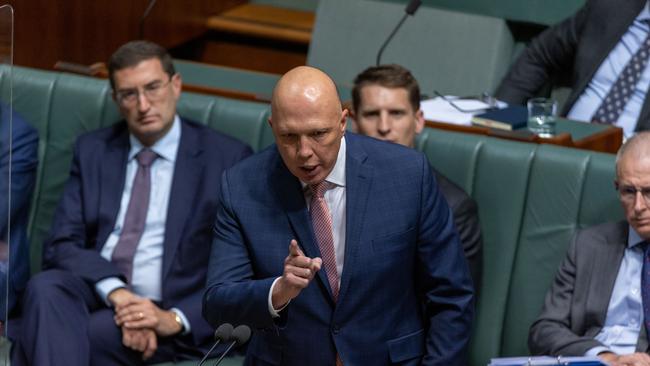
But Dutton’s political achievement is substantial. He has kept his federal party and Coalition reasonably united, yet he has finally taken the necessary, intellectually tough position. He’s doing a service for the nation here. He’s giving us a chance of avoiding the insertion of racial categories into the heart of citizenship.
Dutton’s position has overwhelming support in the federal Liberal Party. Several backbenchers were in tears in the party room meeting describing their profound commitment to equal citizenship, which the voice contradicts. If the No vote is successful, the nation will owe Dutton a debt. Whereas if the Yes vote is successful we will institutionalise racial division and rancour, the endlessly escalating demands of identity politics, and extremely ugly ideological enforcement, into our Constitution.
The Liberal Party has huge work ahead in respecting its local branches in preselections, improving its pitch to the aspirations of young people, getting back to coherent economic policy, consciously seeking the support of ethnic communities, radically improving its social media efforts and much else. It would achieve less than nothing by contradicting a basic liberal principle – equal citizenship – in a cowardly effort to appease the zeitgeist.
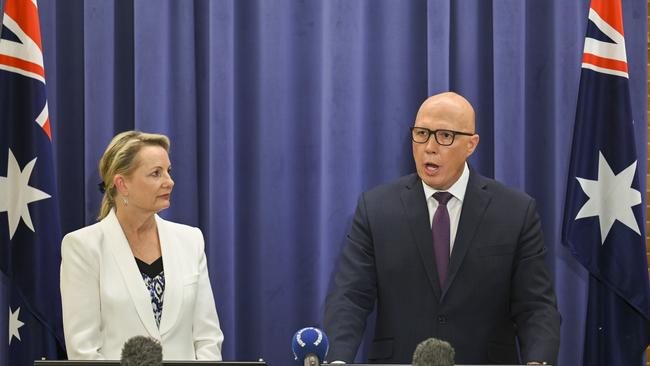
There are undemocratic elements in the way our public culture operates today. When a cause is declared essential by the woke orthodoxy, institutions run after it almost mindlessly. Some are determined not to look out of date, others to be part of the crowd, some are terrified of non-conformism, some just accept that what is declared to be public virtue must be just that.
There are also many good, conscientious people who think the voice would help Aboriginal Australians and benefit race relations. But every bit of evidence we have internationally tells us the reverse is true.
A constitutional voice changes the nature of citizenship for all Australians because it creates a different category of citizenship according to race. That repudiates liberalism, which always tries to eradicate race from civic status. We were ashamed of the historical treatment of Aboriginal Australians because they were singled out by race. We put an end to race-based immigration. Every advance of liberalism rejects race as an element of civic status. The voice would institutionalise a new and destructive emphasis on race.
The Australian Constitution contains only two references to race. Section 51 gives the commonwealth the power to make laws regarding any race. Section 25 prevents states counting people in the census, and thus for the allocation of seats in parliament, if they have disqualified them from voting because of their race.
I’d be happy if both sections were gone. Section 51 ought just to say the commonwealth can make laws for any Australians, or group of Australians. Section 25 is a complete dead letter. Racial discrimination is illegal in Australia and no one is disqualified from voting.
But constitutions often contain anachronistic oddities that are too much trouble to get rid of. The Indian constitution provides it will always be a socialist state. Imagine what our High Court would do with that! Neither section 51 nor section 25 as it exists today does any harm. There are very few laws under section 51 anyway, yet notionally the idea of responding to such laws is the whole rationale for the mistaken idea of the voice. Yet the government’s voice proposal now extends vastly beyond such laws.
The whole idea of constitutional recognition ignores the nature of the Australian Constitution. Statements of sentiment are completely misplaced in our Constitution. Federal members of parliament are given booklets to distribute to schoolchildren to explain the Constitution. The booklet says: “Australia’s Constitution contains little of the soaring rhetoric which is familiar in the constitutions of many other lands. That is one of its strengths. It is a practical, matter-of-fact, unpretentious but effective document. As such, it reflects the pragmatic, no-nonsense attitude which we like to think is among the most attractive features of the Australian character.”
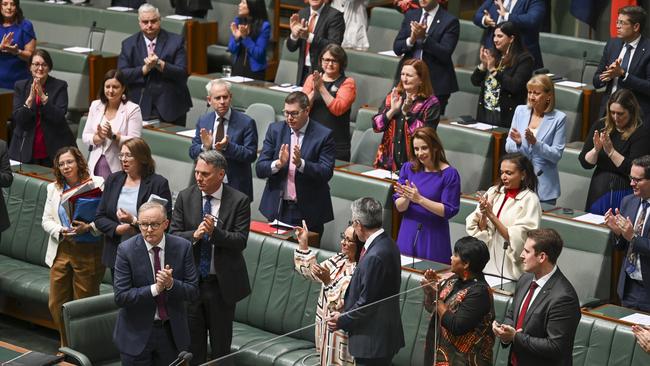
The Constitution doesn’t mention the office of prime minister. It works on the basis of its strictly limited, almost mechanical provisions on things such as the composition of the Senate and the House of Representatives. And it works because for 123 years it has been used in practice and has evolved more or less sensibly.
The proposed voice is by far the most radical change we’ve considered to the Constitution since World War II. As my colleague Janet Albrechtsen has persuasively argued, it effectively produces at least an arguable model for co-government and indeed co-sovereignty. That’s the ambition of at least some of the Aboriginal leadership class. Why else are we constantly told that sovereignty was never ceded? Issues of sovereignty have been decided by the High Court already. But that’s on the basis of the existing Constitution. A rewritten Constitution may yield entirely different rulings, with who knows what chaotic outcomes. And for what benefit?
The voice is all about power. Identity politics is always about power. No one opposes giving local Aboriginal communities greater say in the policies that affect their communities. There are already a million consultative mechanisms. There’s not a speck of evidence the voice would do any better. But it would enable big power plays on the national stage.
This is entirely undemocratic. It proceeds from the fatally flawed proposition that liberal democracy and the universal franchise are inherently incapable of serving the interests of a particular minority. But if that’s the case for one minority, why not conclude the same for any other minority? Undermining liberal democracy and the universal franchise is the irresponsible path of all identity politics. And if the majority ever concludes that liberal democracy and the universal franchise don’t serve its needs, that’s when you get authoritarianism.
This nation is right to celebrate, admire and esteem Aboriginal culture and history. It’s a great thing there are 11 members of parliament with Aboriginal backgrounds. They’re not elected purely to serve Aboriginal constituents but they certainly bring their Aboriginal lived experience to the nation’s decision-making table.
Our society richly acknowledges and pays homage to Aboriginal culture and heritage at every civic function and in countless institutions. And there has been no lack of financial commitment.
Former Liberal MP Dave Sharma made a characteristic mistake when he argued last weekend that the Australian people expected his party to contribute to the nation coming to an “enduring settlement with Indigenous Australians”. That’s a ghastly way to talk about our democracy, as though Australia and our Indigenous people are separate entities. Democracies don’t have lasting settlements among their various ethnic groups. They have citizens, individual human beings, who have equal rights in the endless political debate about good policy and purposes.
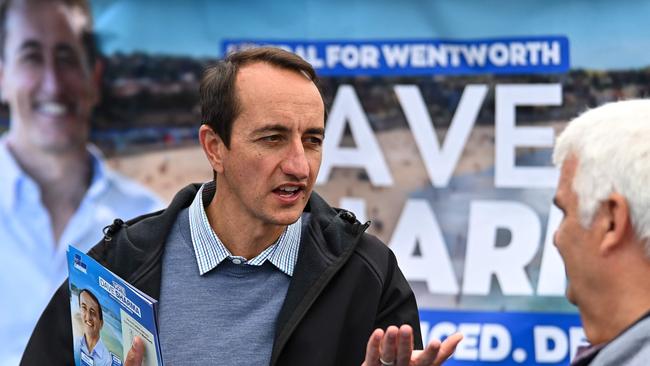
Dutton’s position allows those who oppose the principle of a race-based institution to join with those who think the particular expansive and poorly defined model the government has proposed is no good. It will be important that Julian Leeser, the relevant shadow minister, own his new position and take a prominent role in the debate.
The most dispiriting element so far has been the vicious verbal thuggery of numerous proponents of the Yes case, a blatant attempt to intimidate people out of the debate. That will be the enduring character of our politics if we get the voice. Dutton’s courage gives us a chance at something better.

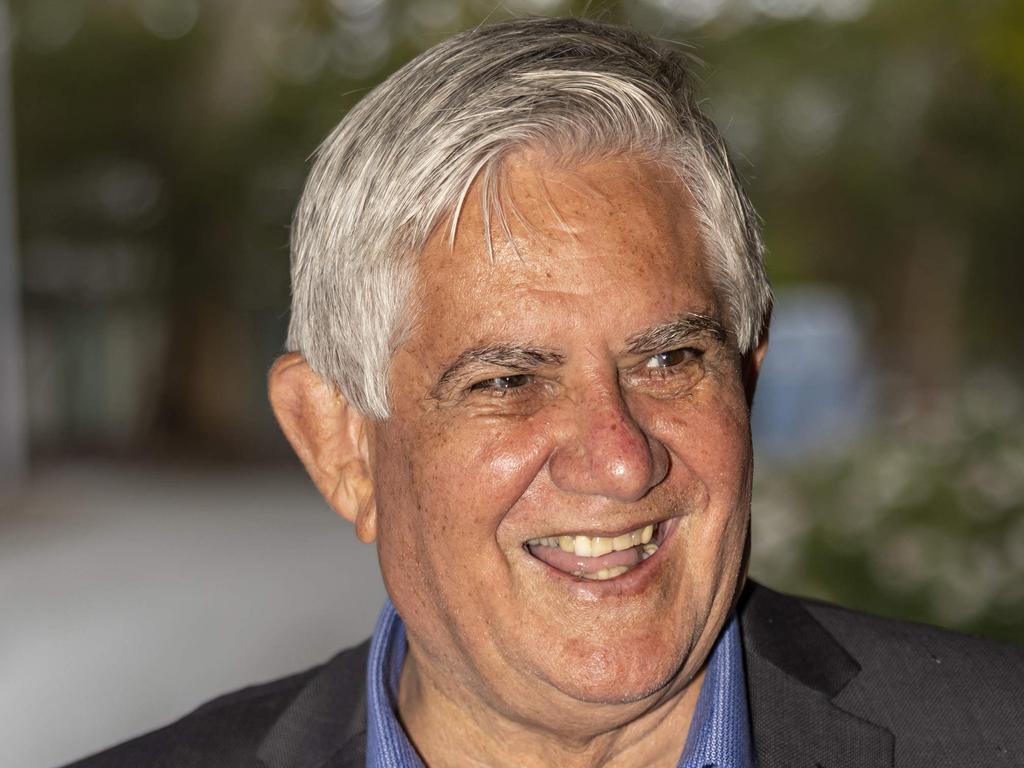


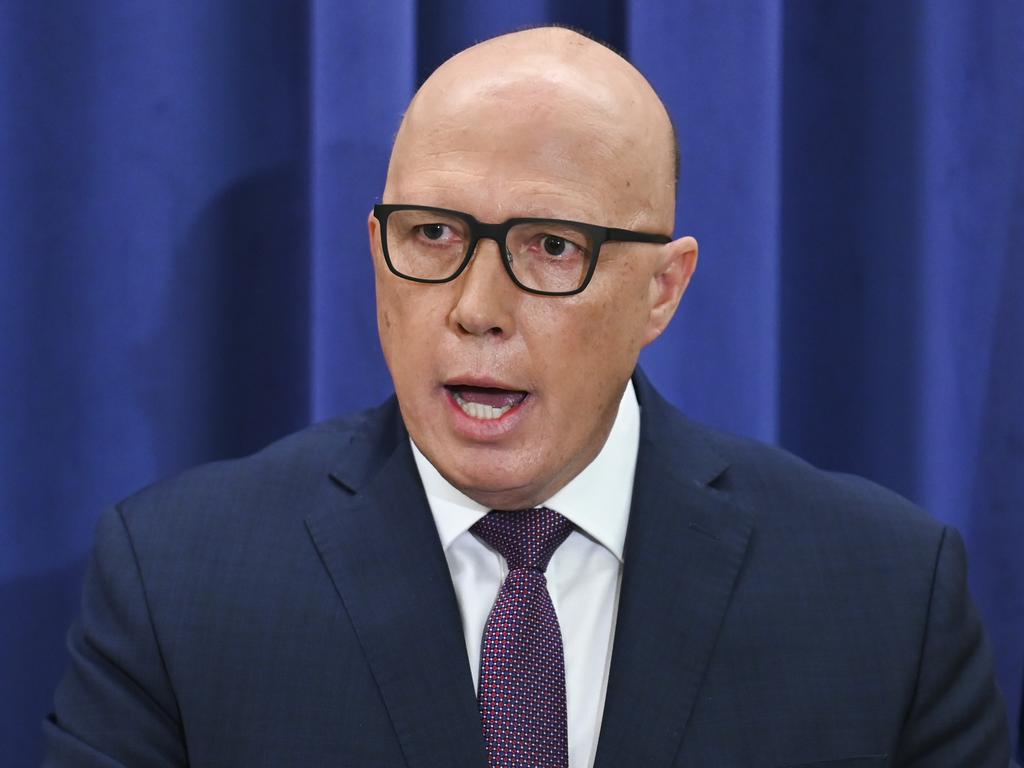


Peter Dutton has taken the right decision on the proposed constitutionally enshrined Aboriginal and Torres Strait Islander voice. Everybody is beating up on Dutton in the latest episode of a very unattractive Australian habit of let’s all kick the designated villain.